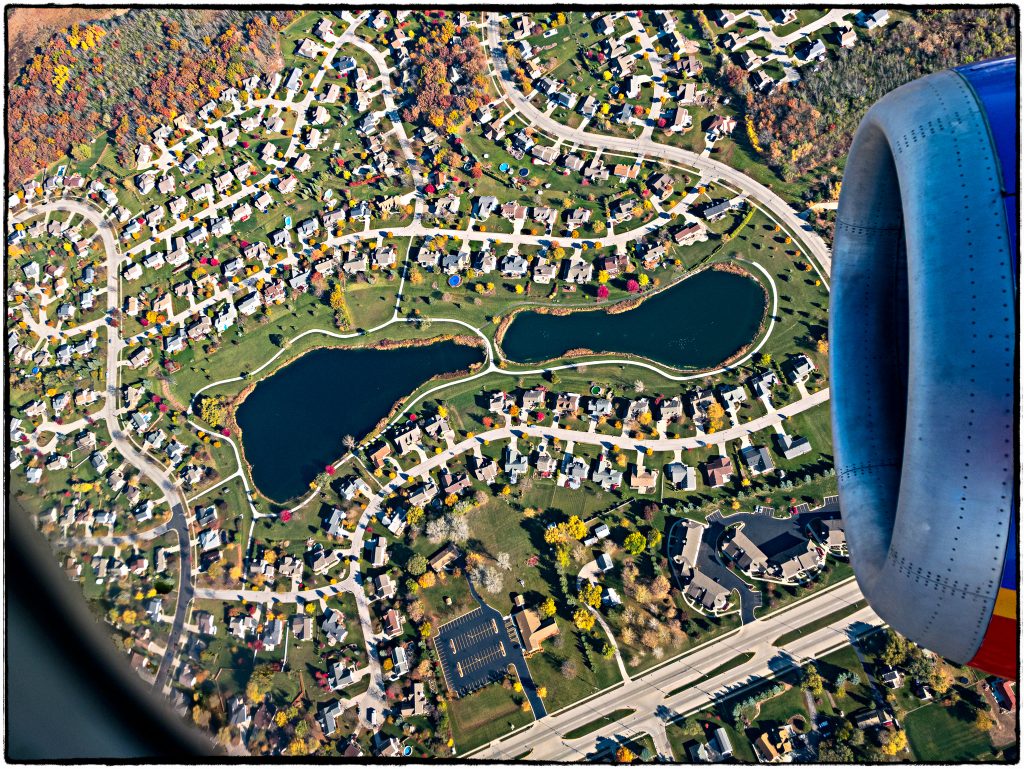
Credit: Henk Sijgers. CC BY-NC 2.0
Despite this trend, researchers predict that changes in landscaping preferences and practices will alter, and even reduce, the progression of ecological homogenization. These cultural changes include an increased desire for biodiversity and water conservation, as well as amenities that promote ecological health and suppress polluting output.
Conversely, persisting demand for residential landscapes that are neat, low-maintenance, and in accordance to neighborhood norms reinforces homogeneity and its implications for the environment. Ecological homogeneity, if left unaltered, would reduce carbon sequestration and increase the rate of global warming. Other effects include reduced plant diversity and changes to selective pressures in nearby natural, unmanaged areas, with potentially large effects on bird and insect species.
Residential ecosystems are influenced by complex and dynamic human activity at multiple spatial and temporal scales, creating significant, continental-scale effects on ecological processes and environmental quality. Trans-disciplinary, multi-scale research offers the best hope of understanding the drivers of cultural change in human-dominated landscapes.
Groffman, Peter M., et al. “Ecological homogenization of residential macrosystems.” Nature Ecology & Evolution 1.7 (2017): s41559-017.








